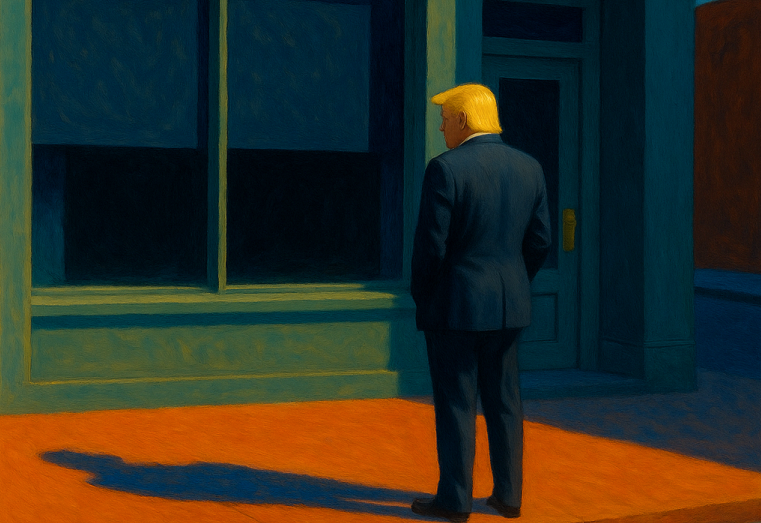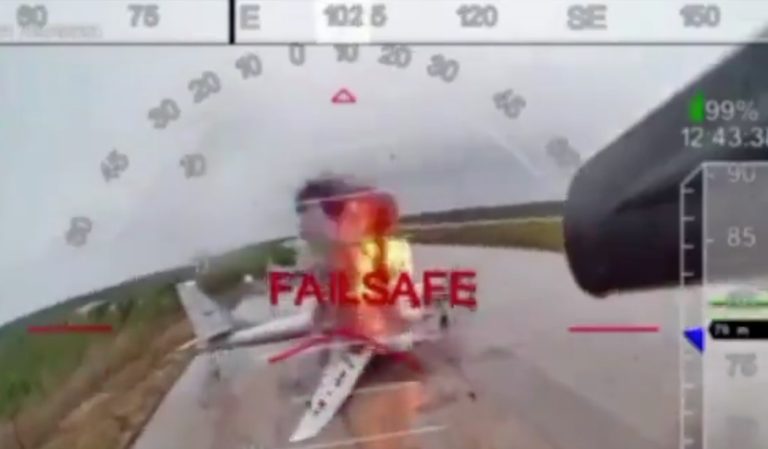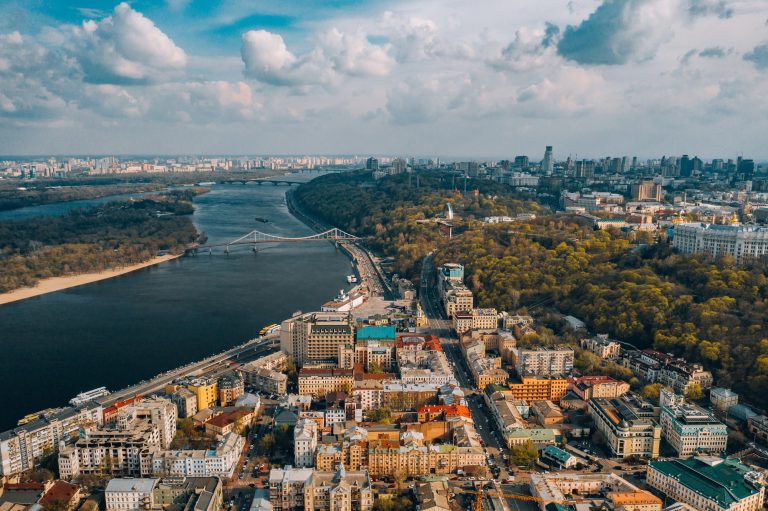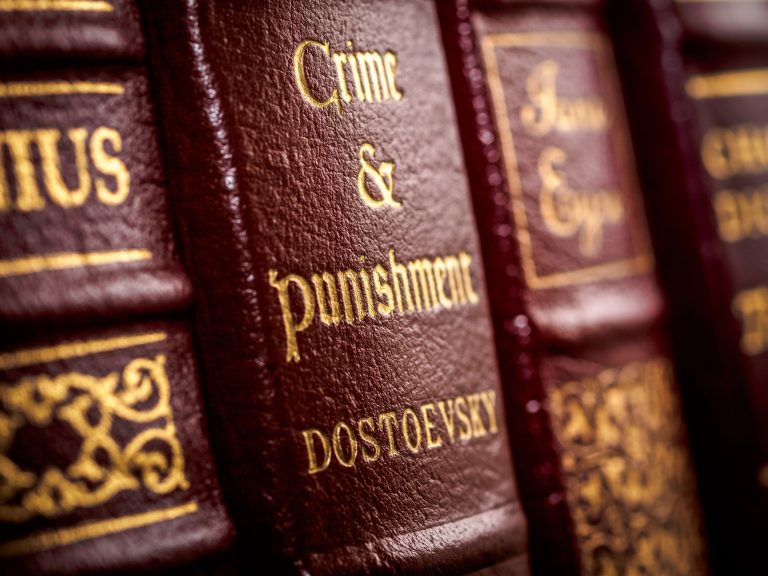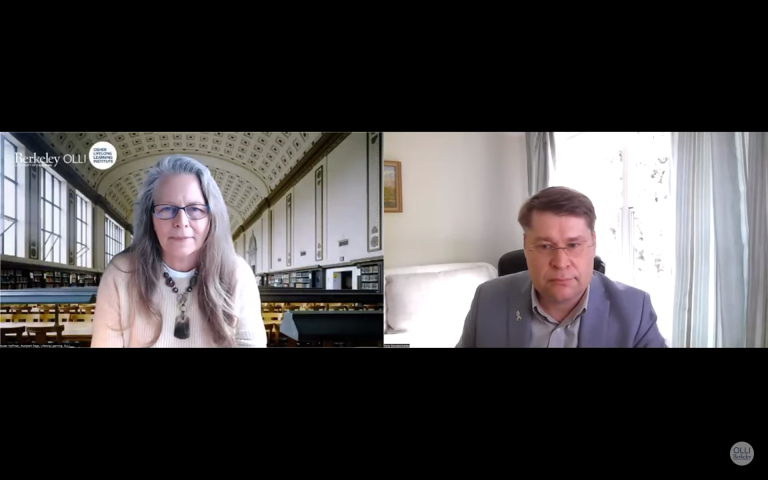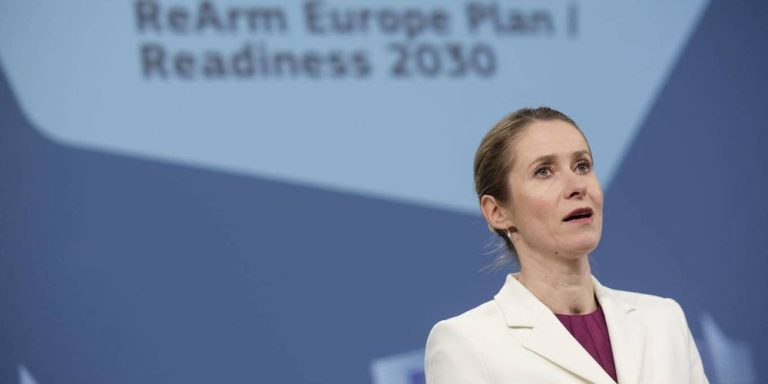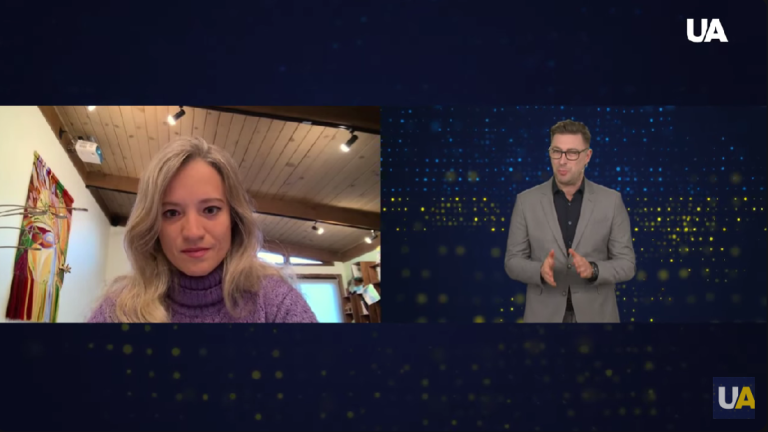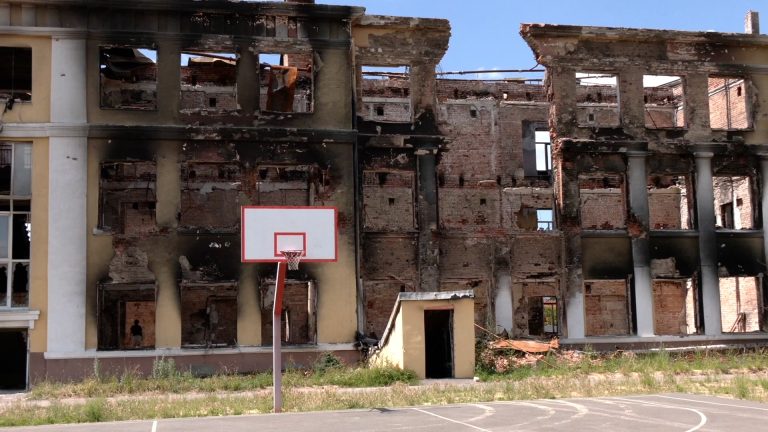
Democracies should not let war in the Middle East distract them from Ukraine
As the world holds its breath to see if Israel and Iran can maintain a ceasefire, it’s worth analyzing some troubling global patterns. Authoritarian powers are growing bolder and alliances
